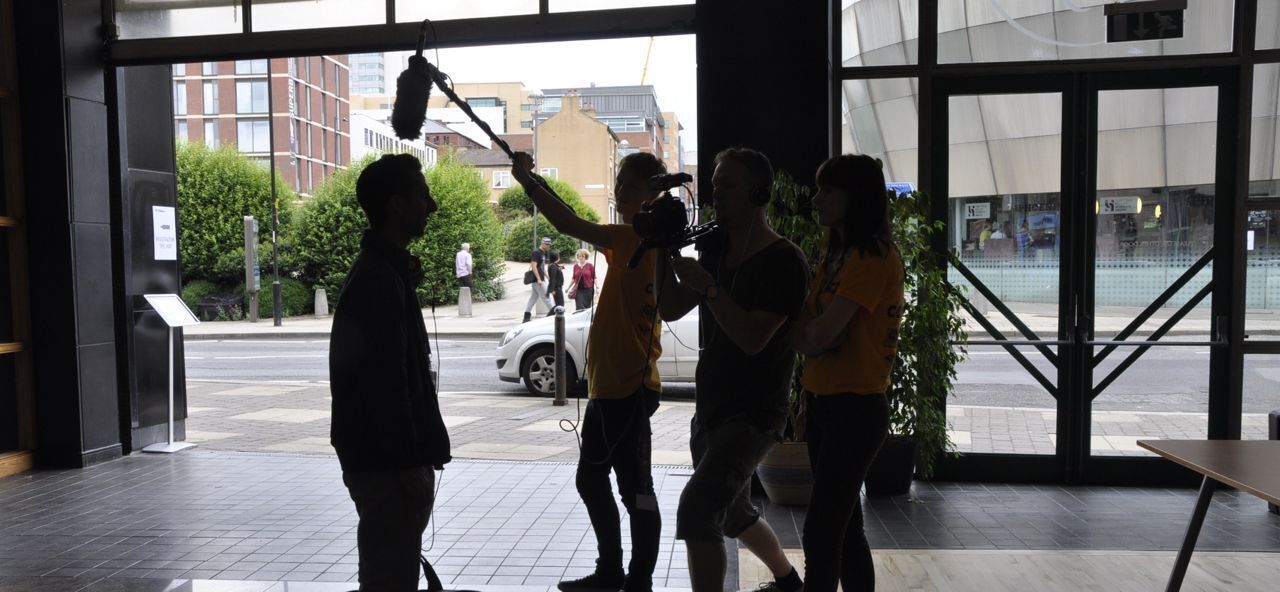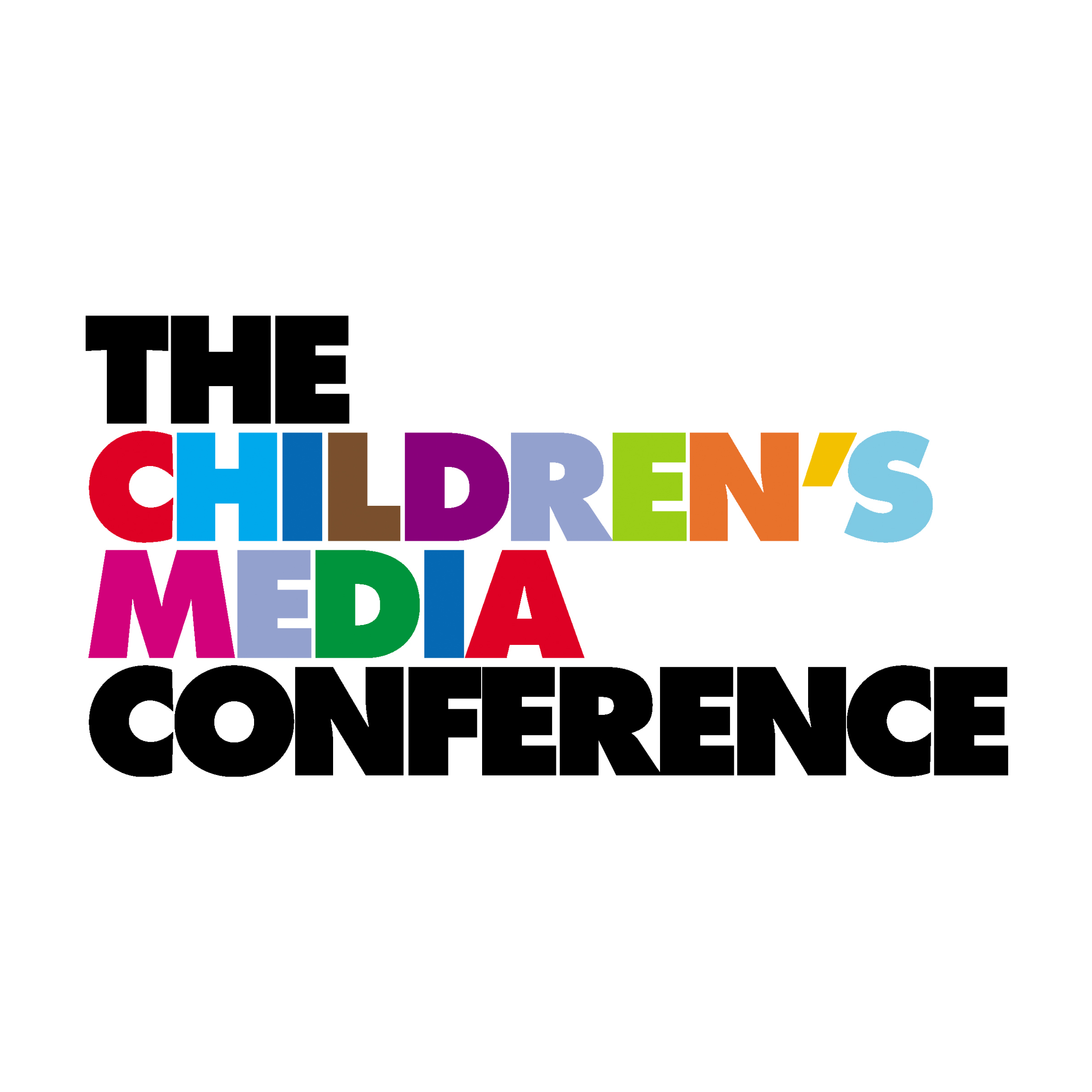Episodes

Tuesday Jul 01, 2014
CMC 2014 - Opening Keynote: Dylan Collins
Tuesday Jul 01, 2014
Tuesday Jul 01, 2014
SuperAwesome is Europe’s number 1 marketing platform, reaching 30 million children a month, and it’s still growing. Dylan is a serial entrepreneur, sits on the board of one of Europe’s busiest animation companies (Brown Bag Films), and is a Partner advising on investment with Hoxton Ventures.
A marketing platform that specifically targets children might make Dylan the Don Draper of kids to some, but his ideas on sustainable business in the rapidly changing kids’ landscape address vital industry concerns. Does the children’s media industry need commercialisation solutions created specifically with children at the very centre of their design?
However, his belief also underpins a larger view, that the entire children’s industry is at a critical inflection point. Dylan believes this new generation of children will have an even larger impact on the world than mobile and tablet has. Already we’re seeing companies like Facebook being disrupted by behaviour driven by kids and teens and reacting by acquiring companies like Whatsapp and Instagram. What’s next?
Can the children’s media industry rise to the challenge of this generational switch? Or will we simply allow events to unfold around us?
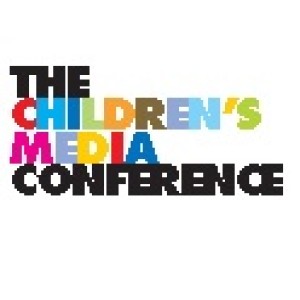
Tuesday Jul 01, 2014
CMC 2014 - Commissioner Conversation: Nickelodeon, Cartoon Network, & Disney
Tuesday Jul 01, 2014
Tuesday Jul 01, 2014
An in-depth chat with the players that make the commissioning decisions for the big commercial channels here in the UK.
How much opportunity is there, what exactly makes them tick, and how are they fairing against the new kids on the block like Netflix.
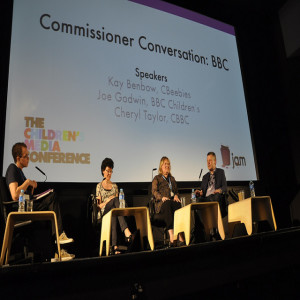
Tuesday Jul 01, 2014
CMC 2014 - Commissioner Conversation: BBC
Tuesday Jul 01, 2014
Tuesday Jul 01, 2014
All three decision makers from BBC Children’s in a 90 minute chat on their hopes, fears, wants and needs.
In an ever changing landscape, how do they maintain quality in the face of increasing competition and budget squeezing, are format re-boots the future, and have their channels already become second-screen?
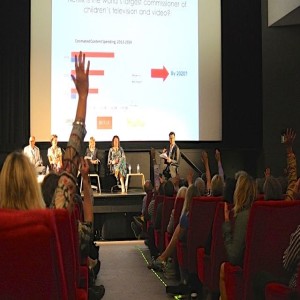
Tuesday Jul 01, 2014
CMC 2014 - Opening session: Coming Together or Falling Apart?
Tuesday Jul 01, 2014
Tuesday Jul 01, 2014
How will the children’s media and content industries evolve during the next 5-10 years? Can television retain its central role – or will it give way to tablets and mobiles, games and multimedia apps? Which funding models will prosper and which will decline? What will it take to create a successful children’s content business in the future? Are the opportunities really there for new entrants – or does the future belong to the international studio conglomerates? What will look most different in 2020 – and beyond?
We invited a diverse panel of leading industry experts to help us explore the future of the children’s media and content industries. Drawing on the latest industry data and research, we’ll paint a compelling picture of the children’s industry in 2020 – and provide some practical tips on how to survive and thrive in a complex, diverse, interconnected ecosystem. Attendees will also receive a summary of the research.

Tuesday Jul 01, 2014
CMC 2014 - Second Screen: Changing the Way We Watch TV
Tuesday Jul 01, 2014
Tuesday Jul 01, 2014
Smart Phones, tablets, laptops…ubiquitous in our lives and also now a firm fixture in the lives of the next generation. It is undeniable that they affect how we interact with each other, and now the Media industry is harvesting these outlets to enhance viewer experience on TV. In this session, we share new research from The Pineapple Lounge showing us how children today use Second Screen technology. We also speak with industry professionals, who are engaging in this area across the spectrum, from broadcaster and app developer to social media network provide.
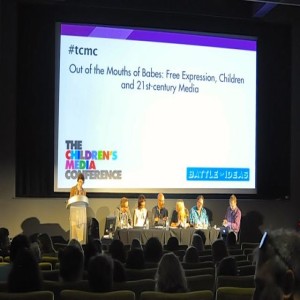
Tuesday Jul 01, 2014
Tuesday Jul 01, 2014
As children form friendships and express themselves online, how should social and children’s media help kids and teens navigate digital perils as well as pleasures?
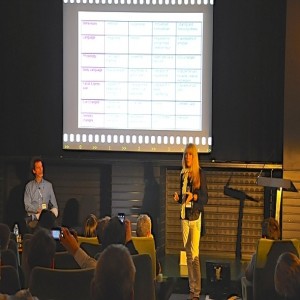
Tuesday Jul 01, 2014
CMC 2014 - Weird Science
Tuesday Jul 01, 2014
Tuesday Jul 01, 2014
Exploring the latest on Biometric playtesting, psychological insight, engagement and neuroscience in children’s television, media and games.
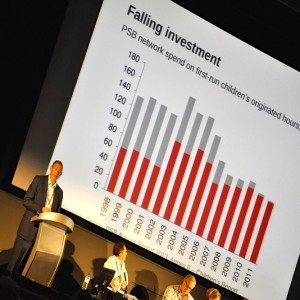
Tuesday Jul 01, 2014
CMC 2014 - Pact: Give Kids a Break
Tuesday Jul 01, 2014
Tuesday Jul 01, 2014
Tax credits already exist for British animation, high-end TV drama and film – why not children’s television?
In this session Pact and a panel of experts, including kids’ TV producers Billy Macqueen and Val Ames and Pact Chief Executive John McVay, outline the financial and cultural arguments for a tax credit for children’s live-action television.
Pact demonstrates that there is a current market failure around children’s TV, with the BBC functioning as the monopoly commissioner of content for children. Using specially commissioned research, facts and figures, it outlines the case that it is taking to government – that a tax break is necessary to level the playing field, boost the sector, and generate jobs.
Moderated by children’s television producer Mike Watts and using real-life case studies, the panel discusses the positive impact a tax break could have on the industry, and the cultural benefits of creating more British content for British kids.
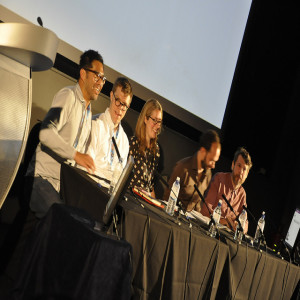
Tuesday Jul 01, 2014
CMC 2014 - Telling Tales: from Paper to Pixel
Tuesday Jul 01, 2014
Tuesday Jul 01, 2014
Publishers and developers are exploring new ways to reach young readers by telling stories through digital platforms. In Telling Tales: Paper to Pixel, we explore what has to change when moving from conventional print books to digital books and ask ourselves, should we all be thinking beyond the book?
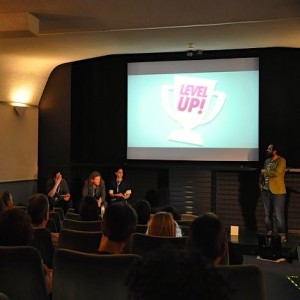
Tuesday Jul 01, 2014
CMC 2014 - Digital Consumer to Digital Creator
Tuesday Jul 01, 2014
Tuesday Jul 01, 2014
The 21st Century world is digital. This isn’t just about the smart phone in your pocket and the tablet on the sofa. Everything from cars to banks to fridges to televisions are increasingly becoming computational. In order to understand how this world works, in order to have agency to use the power of digital technology, children need to understand how digital technology works. They need to know that they can create as well as consume digital media.
However, the message that ‘code is good for you’ still leaves a lot of children and young people cold. How can children and young people’s passions and interests be used to inspire a generation to learn how to use the greatest open creative tools of the modern age?
